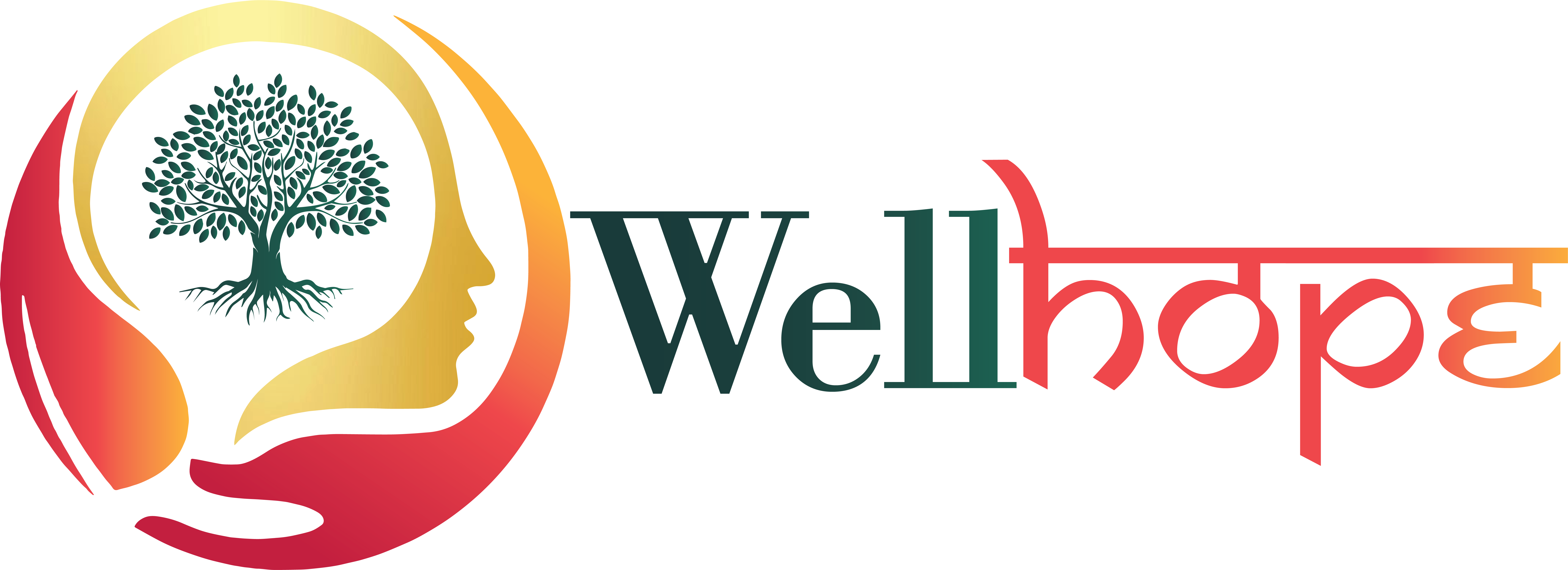Blog
- Home
- Blog
Attachment Styles and Their Impact on Your Relationship

Every romantic relationship is shaped by the emotional bonds we form with our partners. But did you know that these bonds are largely influenced by your attachment style—a psychological framework developed during early childhood that continues to affect how you connect, communicate, and handle intimacy in adult relationships?
In this blog, we’ll explore the four major attachment styles, how they influence relationship dynamics, and how online relationship counselling—particularly through platforms like Well Hope, which offers free relationship counselling and access to top Indian counselors and psychologists—can help you build healthier emotional connections.
What Are Attachment Styles?
Attachment theory, developed by psychologist John Bowlby and expanded by Mary Ainsworth, suggests that the emotional bond between a child and caregiver forms the foundation for future relational behavior. This theory categorizes attachment into four main styles:
- Secure Attachment
- Anxious (Preoccupied) Attachment
- Avoidant (Dismissive) Attachment
- Fearful-Avoidant (Disorganized) Attachment
Each style plays a crucial role in shaping how you relate to your romantic partner—how you express love, handle conflict, and respond to emotional closeness or distance.
- Secure Attachment Style
People with a secure attachment style are generally comfortable with intimacy and independence. They can express their emotions openly, trust their partners, and handle disagreements constructively. These individuals tend to have healthier, more balanced relationships.
Traits of Securely Attached Individuals:
- High emotional intelligence
- Positive self-image and view of others
- Comfortable with vulnerability
- Ability to communicate needs clearly
- Anxious (Preoccupied) Attachment Style
Those with an anxious attachment style often seek approval and reassurance from their partners. They may fear abandonment and become overly dependent in relationships, leading to clinginess or emotional volatility. Traits of Anxiously Attached Individuals:
- Fear of rejection
- Heightened sensitivity to partner’s behavior
- Emotional highs and lows
- Difficulty trusting
Avoidant individuals value independence to the point of emotional distancing. They often suppress emotions and struggle to open up, fearing loss of autonomy or vulnerability. Traits of Avoidantly Attached Individuals:
- Fear of dependence
- Discomfort with closeness
- Emotional unavailability
- Tendency to avoid conflict or deep talks
This is the most complex style, combining anxious and avoidant behaviors. These individuals crave closeness but simultaneously fear it. Past trauma or inconsistent caregiving is often a root cause. Traits of Avoidantly Attached Individuals:
- Intense emotional highs and lows
- Difficulty trusting others and themselves
- Push-pull dynamic in relationships
- Higher risk of toxic or unstable partnerships
Data Insights: Attachment Styles and Relationship Satisfaction
According to a 2020 study published in Frontiers in Psychology, individuals with secure attachment report significantly higher relationship satisfaction and emotional well-being. Conversely, those with anxious or avoidant styles are at a higher risk of conflict, miscommunication, and dissatisfaction in their relationships.
In India, cultural factors such as family expectations and emotional suppression can often exacerbate insecure attachment styles, making professional relationship counselling even more essential.
How Online Counselling Enhances Emotional Intimacy
Understanding your attachment style is the first step. The next is learning how to develop healthier emotional patterns—and that’s where online relationship counselling comes in.
Benefits of Online Counselling for Attachment Issues: Identifying Attachment Triggers: Trained therapists help individuals and couples recognize behavior rooted in early emotional experiences.Rewriting Emotional Patterns: Through therapeutic techniques like CBT and Emotionally Focused Therapy (EFT), clients learn how to build trust, communicate better, and increase emotional intimacy.
Convenience and Comfort: Online sessions provide a private, flexible, and stress-free environment for growth.
Early Access to Help: With platforms like Well Hope, users can even access free relationship counselling to begin their journey.
Why Well Hope Is the Best Online Platform for Relationship Counselling
Well Hope has emerged as the best online platform for online relationship counselling in India. Whether you’re dealing with insecurity, emotional distance, or frequent arguments, Well Hope’s compassionate and personalized approach ensures real progress.
What Makes Well Hope Stand Out?
Team of top Indian counselors and psychologistsSecure and confidential online sessions
Free consultation options to make therapy accessible
Customized plans for individuals and couples
Science-based therapy models focused on emotional healing and growth
Thousands of couples have already benefited from Well Hope’s expert guidance to rebuild connection and emotional trust.




